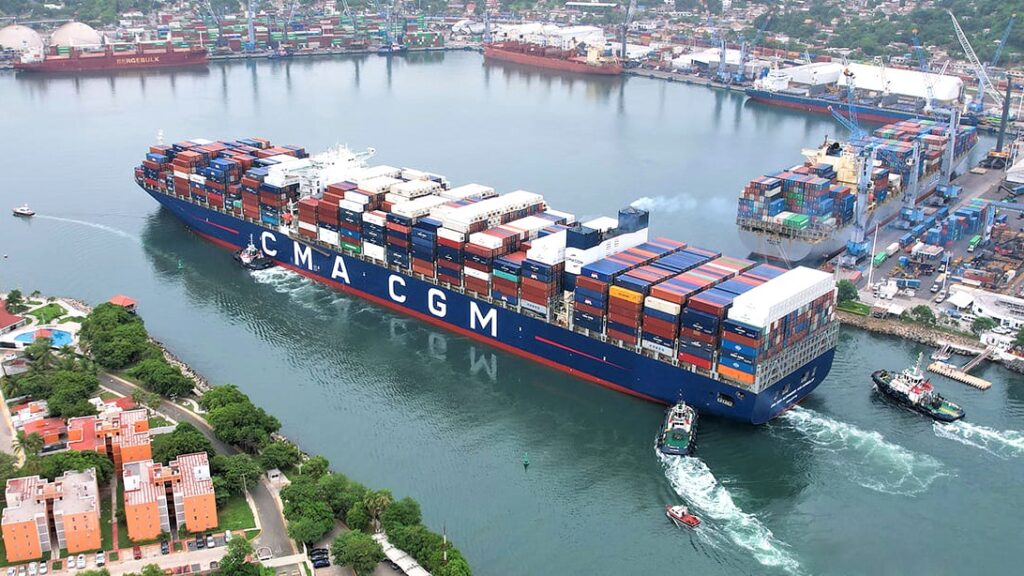Supply Chain Management 101

Securing Critical Minerals During a Global Trade War
UT supply chain management department head John Bell and top student Karli Reed provide a deeper look into the mining, geopolitical, and ESG risks surrounding lithium. They also discuss four ways to secure a competitive (and physical) advantage in critical mineral supply.

MS in Supply Chain Management Course Highlights: Exploring Distribution, Logistics, and Networks
Explore UT's MS in Supply Chain Management program, including key courses, skills learned, and potential career paths for future supply chain leaders.

Six Best Practices for Supply Chain Organizations to Get the Most of Younger Employees
Our recent white paper identified at least six generational best practices to improve productivity and talent results in North American manufacturing. These are the results from interviews with senior leaders, from executives to plant managers, in 15 benchmark companies across six industries.

Understanding Organized Labor’s Impact on Our Supply Chain
With the reopening of the East Coast ports, the United States avoided another potential disruption to its supply chain. J.P. Morgan estimated that each day the ports were closed cost the US economy approximately $4 billion—a roughly $12 billion impact after three days of strikes. Yet the threat of a potentially longer strike isn’t over, only delayed until at least January 15, 2025.

Why Global Businesses Must Consider Climate Change Risks to Their Supply Chains
To face present-day climate challenges, supply chain managers must ensure resilience in their supply chains and implement future-proof strategies. This requires leaders to invest in innovative solutions that mitigate climate change risks while protecting profitability and growth.

Grow Your Supply Chain Planning Capabilities in UT’s 8-Week Online Program
The SCM Planning Academy kicks off March 17 with eight weeks of synchronous and asynchronous learning aimed at developing the planning skills and insights most desirable in tomorrow’s business leaders.

Leadership Development for Supply Chain Planners
In most organizations, planning leaders have spent time reacting to their area’s operational realities, not occupying senior-level positions with responsibilities tied to strategic initiatives. Companies have failed to combine robust educational opportunities with processes, metrics, and incentives to create broad-based experiences for growth.

‘Keep Freight Flowing:’ New Logistics Networks Help to Manage Disruptions
Transportation and logistics professionals are continually reminded to diversify operations to lessen the negative impact of supply chain disruptions. Since the pandemic, resiliency has become the mantra of organizations. However, with the effects of global events, from the loss of the Keys Bridge to issues at the Red Sea and Panama Canal, longshore labor negotiations, and the 2021 Suez Canal closure, each link in the chain has had to operate under a new model

Five Organizational Action Areas for Developing Supply Chain Talent
In addition to core competencies for individual planners, our research team identified five organizational action areas to support the development of the skills modern-day planners need. These five action areas are broad, mutually supportive, and simultaneously help develop a range of abilities.

11 Core Competencies Critical for Today’s Supply Chain Planners
Mindful of the five critical challenges facing the planning profession, supply chain decision-makers must ensure that when they hire, they develop their talent to be successful in their roles. These are the core competencies planning professionals must have to succeed for themselves and the business.